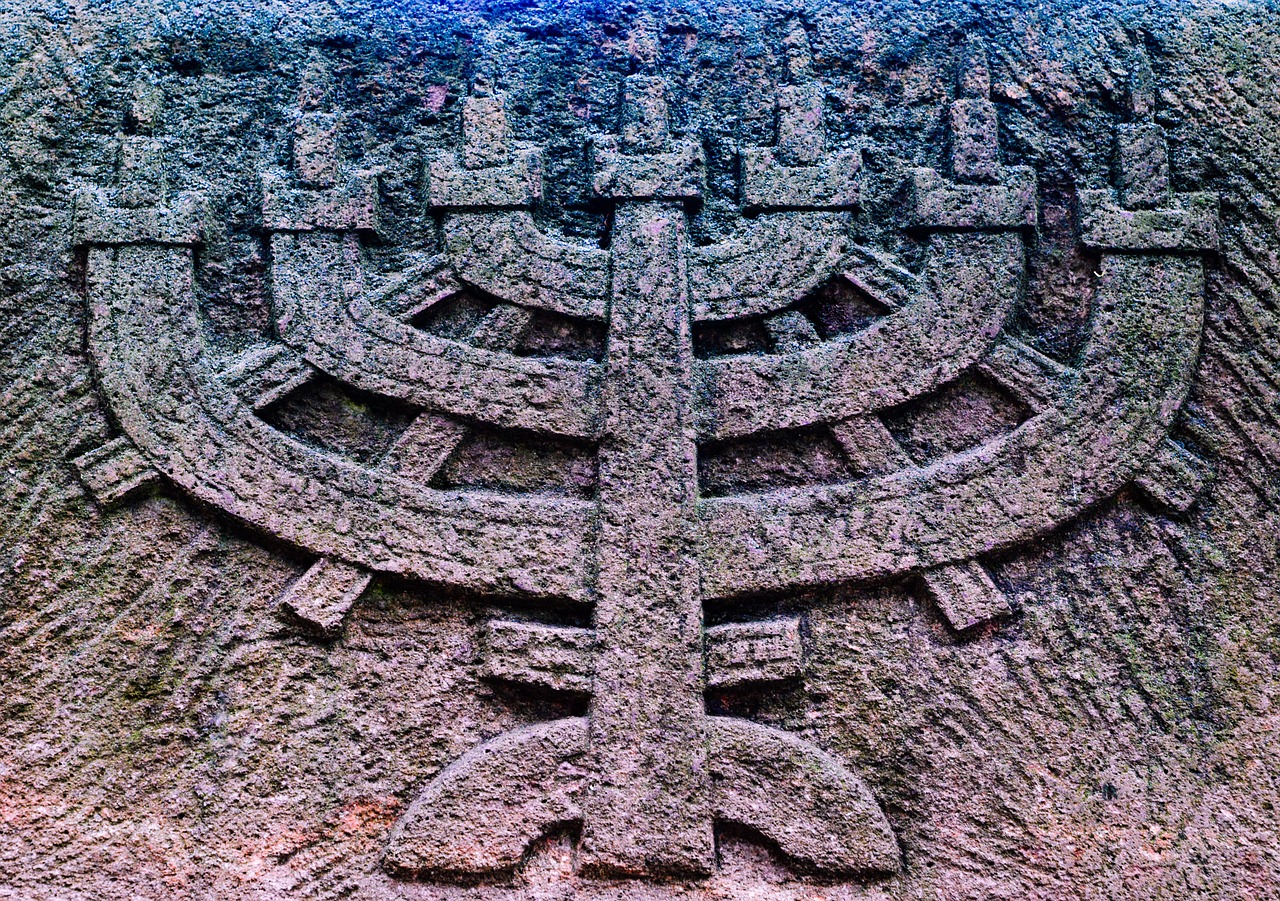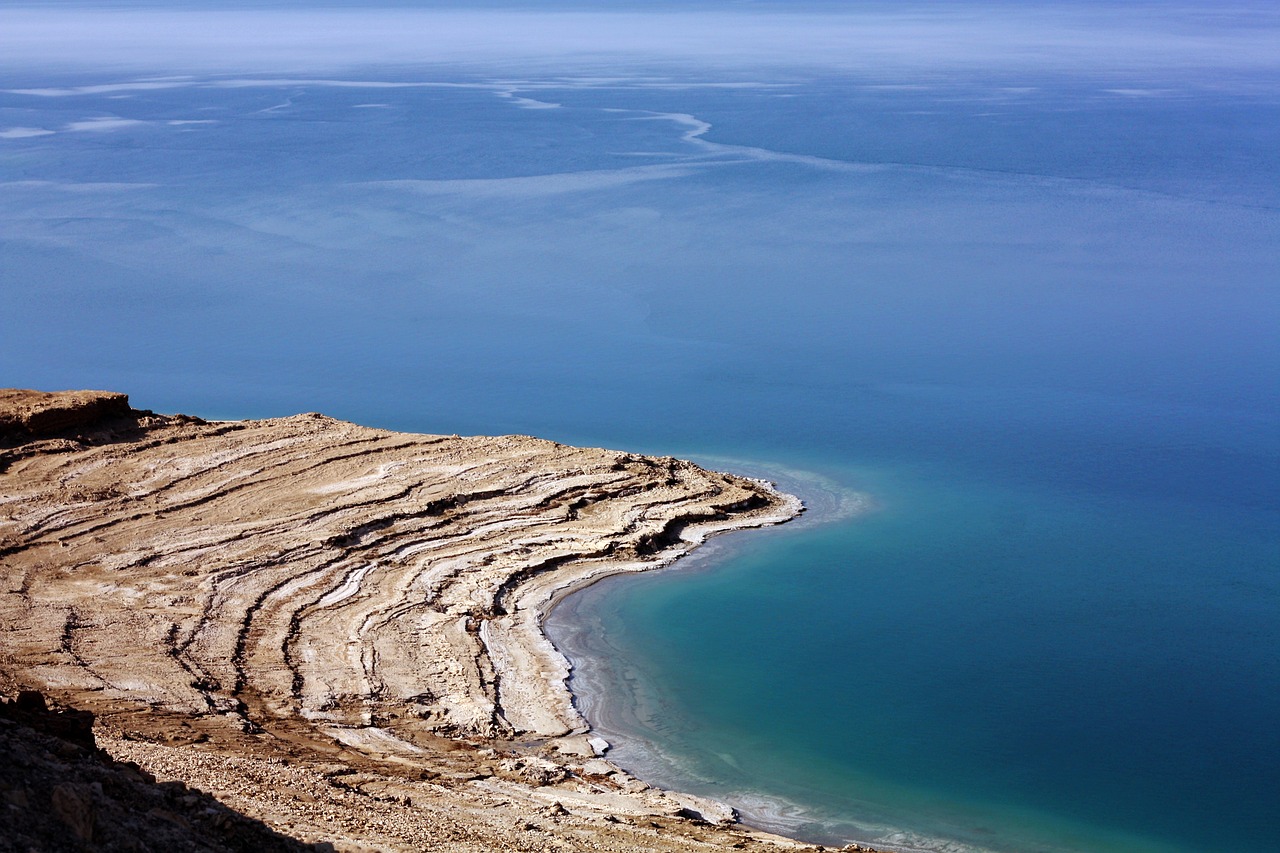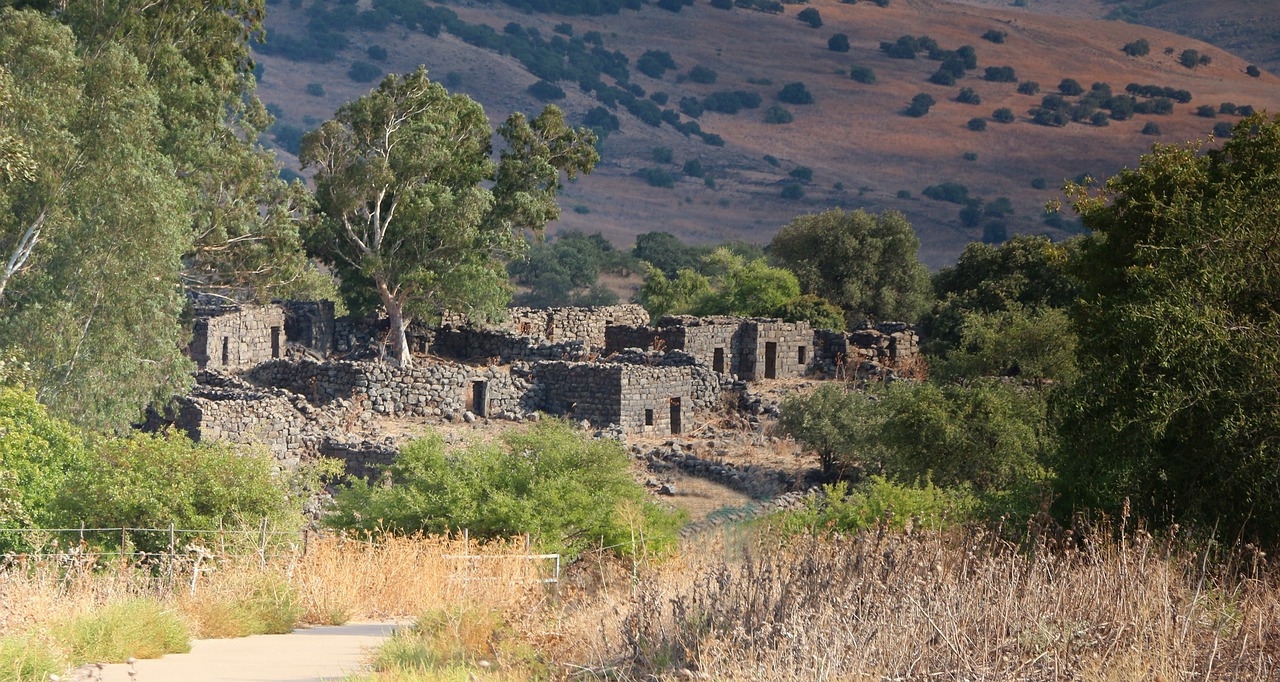Israel Video
Local Celebrations and Holidays: What to Expect in Israel
Israel is a country rich in culture and history, and its local celebrations and holidays reflect this diversity. From religious observances to national commemorations, there are numerous occasions throughout the year that offer a unique insight into Israeli traditions and customs. This article will provide a comprehensive guide to some of the most significant celebrations and holidays in Israel, giving you an idea of what to expect and how to make the most of your visit.
Rosh Hashanah
Rosh Hashanah, meaning “head of the year,” is the Jewish New Year. It is a two-day holiday that usually falls in September or October, depending on the Hebrew calendar. During Rosh Hashanah, Jewish families gather for festive meals, attend synagogue services, and participate in traditions such as blowing the shofar (a ram’s horn) and eating symbolic foods like apples dipped in honey for a sweet year ahead. The atmosphere is one of reflection, repentance, and renewal as people seek to start the new year on a positive note.
- Traditional Foods: Apples and honey, round challah bread, pomegranates, and fish.
- Customs: Tashlich, a ritual of casting away sins by throwing bread into a body of water.
- Family Gatherings: Special meals with loved ones, exchanging greetings and well-wishes.
- Synagogue Services: Attending prayer services and hearing the sounding of the shofar.
Yom Kippur
Yom Kippur, known as the Day of Atonement, is considered the holiest day in the Jewish calendar. It usually occurs ten days after Rosh Hashanah and involves a 25-hour period of fasting, prayer, and reflection. Yom Kippur is a solemn occasion where Jewish individuals seek forgiveness for their sins and make amends. In Israel, the country comes to a standstill as businesses close, and transportation services are limited. It is a time of deep introspection and spiritual connection.
- Fasting and Prayer: A complete fast from food and drink for the duration of Yom Kippur.
- Quiet Reflection: Many Israelis spend the day in synagogue or engage in personal reflection.
- Empty Streets: Limited public transportation, and the majority of businesses and restaurants are closed.
- Family Time: Families often gather for pre-fast and post-fast meals.
Hanukkah
Hanukkah, also known as the Festival of Lights, is an eight-day Jewish holiday that usually falls in December. It commemorates the rededication of the Second Temple in Jerusalem and the miracle of the oil that lasted for eight days. During Hanukkah, Jewish families light the menorah, adding one candle each night, play dreidel (a spinning top game), and enjoy traditional foods. It is a joyous celebration filled with light, delicious treats, and family gatherings.
- Lighting the Menorah: Adding one candle each night, with the middle candle, known as the shamash, used to light the others.
- Playing Dreidel: A spinning top game with a Hebrew letter on each side, symbolizing the miracle of Hanukkah.
- Traditional Foods: Eating foods fried in oil, such as latkes (potato pancakes) and sufganiyot (jelly-filled doughnuts).
- Gift Giving: Exchanging small gifts, especially for children, throughout the holiday.
Purim
Purim is a lively and colorful Jewish holiday that commemorates the salvation of the Jewish people from a plot to destroy them in ancient Persia. It usually occurs in February or March and is characterized by festive costumes, parties, and the reading of the Book of Esther. Purim is a celebration of survival and triumph, marked by joyful activities and acts of charity.
- Costume Parties: Dressing up in costumes, often based on characters from the Book of Esther.
- Megillah Reading: Listening to the public reading of the Book of Esther in synagogue.
- Hamentashen: Eating triangular-shaped pastries filled with various sweet fillings.
- Mishloach Manot: Exchanging gift baskets of food and treats with friends and neighbors.
Passover
Passover, or Pesach in Hebrew, is a major Jewish holiday that commemorates the liberation of the Israelites from slavery in ancient Egypt. It usually takes place in March or April and lasts for seven or eight days. Passover is a time of religious observance, marked by the Seder meal, the retelling of the Exodus story, and the avoidance of leavened bread. It is a significant holiday filled with symbolism and tradition.
- The Seder: A special meal held on the first two nights, featuring symbolic foods and the retelling of the Exodus story.
- Matzah: Eating unleavened bread to commemorate the haste in which the Israelites left Egypt.
- Passover Restrictions: Avoiding chametz (leavened products) during the holiday.
- Festive Meals: Enjoying traditional dishes such as matzah ball soup and gefilte fish.
Israel Image 1:

Shavuot
Shavuot, also known as the Feast of Weeks, is a Jewish holiday that commemorates the giving of the Torah on Mount Sinai. It usually occurs in May or June, seven weeks after Passover. Shavuot is a time of study, prayer, and agricultural celebration. It is customary to stay up all night studying Jewish texts and to enjoy dairy-based foods during the holiday.
- Tikkun Leil Shavuot: Staying up all night to study Jewish texts and engage in discussions.
- Dairy Delights: Eating dairy-based foods, such as cheesecakes and blintzes, as a symbol of the sweetness of Torah.
- Greenery and Flowers: Decorating homes and synagogues with flowers and plants.
- Prayer Services: Attending synagogue for special holiday services.
Tisha B’Av
Tisha B’Av is a Jewish day of mourning that commemorates the destruction of the First and Second Temples in Jerusalem. It usually falls in July or August and is a solemn occasion marked by fasting, prayer, and reflection. Tisha B’Av is a time to remember the tragedies that have befallen the Jewish people throughout history and to reflect on the importance of unity and redemption.
- Fasting and Prayer: Observing a complete fast from food and drink for the duration of Tisha B’Av.
- Reading of Lamentations: Listening to the Book of Lamentations being read in synagogue.
- Restrictions and Mourning: Avoiding joyful activities, such as listening to music or engaging in marital relations.
- Community Gatherings: Coming together for communal prayers and discussions.
Israel Image 2:

Independence Day
Independence Day, known as Yom Ha’atzmaut in Hebrew, is a national holiday that celebrates the establishment of the State of Israel. It takes place on the 5th of Iyar, which usually falls in April or May. Independence Day is a joyous occasion filled with festivities, including fireworks, concerts, and barbecues. It is a time for Israelis to come together and celebrate their country’s independence.
- Fireworks: Spectacular firework displays lighting up the sky in cities across Israel.
- Outdoor Celebrations: Barbecues, picnics, and concerts in parks and public spaces.
- Flag-Waving: People proudly display the Israeli flag on their homes, cars, and clothing.
- Air Force Flyovers: The Israeli Air Force performs impressive aerial displays across the country.
Sukkot
Sukkot, also known as the Feast of Tabernacles, is a Jewish holiday that celebrates the harvest season and commemorates the Israelites’ journey through the wilderness. It usually occurs in September or October, following Yom Kippur. Sukkot is characterized by the building of temporary sukkahs (huts) and the waving of the lulav and etrog (palm frond and citrus fruit). It is a time of gratitude, unity, and joy.
- Building Sukkahs: Constructing temporary huts decorated with fruits, flowers, and foliage.
- Waving the Lulav and Etrog: Holding the lulav (palm frond) and etrog (citrus fruit) together and waving them in six directions.
- Harvest Celebrations: Enjoying festive meals with family and friends.
- Outdoor Gatherings: Spending time in the sukkah, often hosting guests and sharing meals.
Israel Image 3:

Conclusion
Israel’s local celebrations and holidays offer a fascinating glimpse into the country’s rich heritage and traditions. Whether it’s the religious observances of Rosh Hashanah, Yom Kippur, Hanukkah, Purim, Passover, Shavuot, and Tisha B’Av, or the national commemorations of Independence Day and Sukkot, each occasion provides an opportunity to immerse yourself in Israeli culture. From festive meals to community gatherings, these celebrations bring people together and create lasting memories. So, if you’re planning a trip to Israel, consider aligning your visit with one of these remarkable events to experience the true spirit of the country.
References
– myjewishlearning.com
– jewishvirtuallibrary.org
– chabad.org
– timesofisrael.com
– goisrael.com


